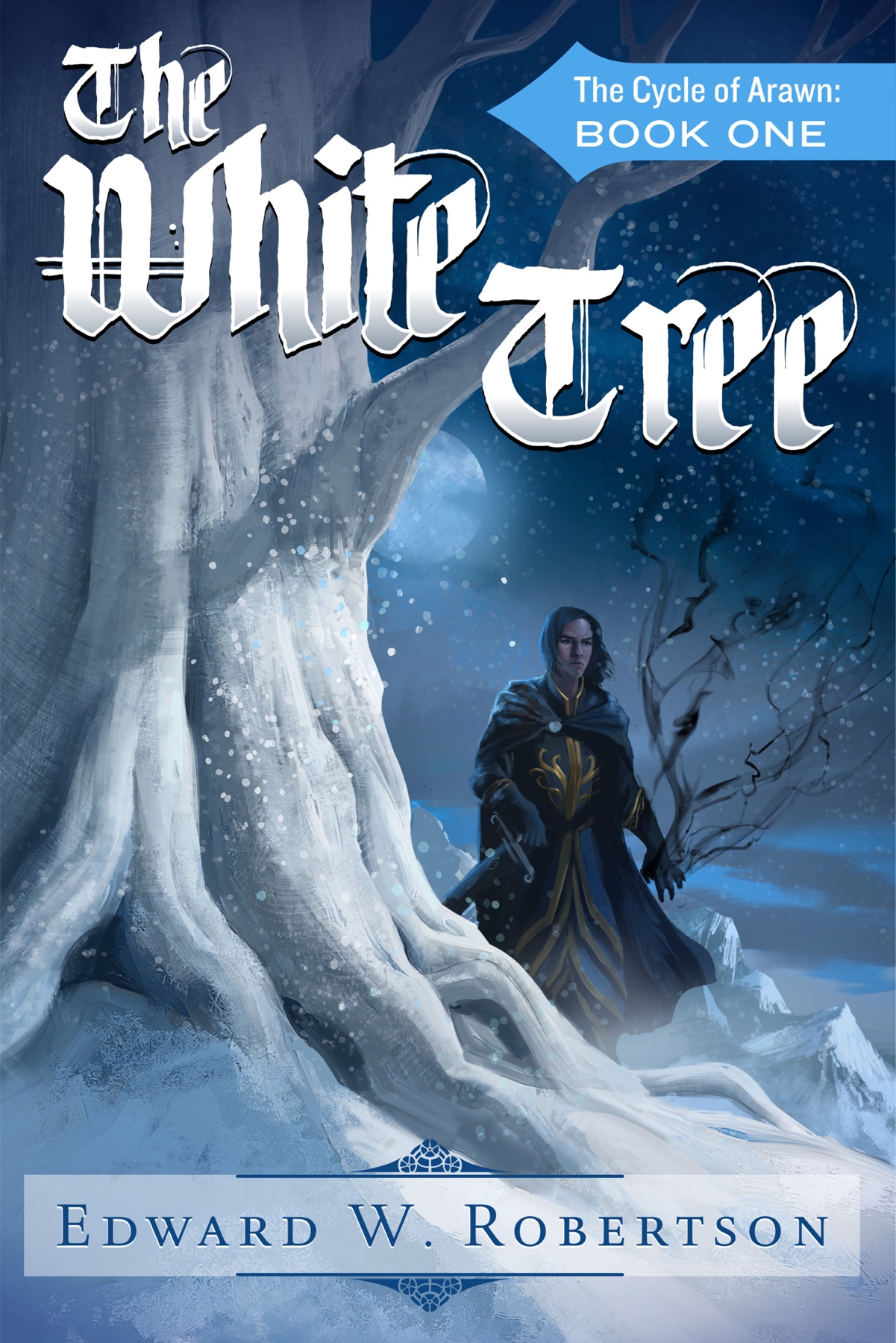So hey guys, I dunno if you’ve heard about this–it’s not like every single person with an interest in self-publishing hasn’t weighed in already–but according to the New York Times, John Locke paid for upwards of 300 fake Amazon reviews on his books.
Obviously, he wasn’t the only one.
First off, I’m not going to name any names. I would dearly, dearly love to. My vigilante gland is fit to burst and has taken on a demonstrably Batmannish shape. But frankly, I don’t want to be involved in a witch hunt, I fear reprisals, and in many cases it’s just too hard to be perfectly certain that some of these sketchy reviews are in fact fake. I don’t want to torch any innocents.
If you wanted to go check out which authors have bought reviews, though, you could–theoretically speaking–go check out one of Locke’s books, find a cluster of 5-star reviews that all showed up within a day or three of each other, then check out those reviewers’ history to see what else they’ve rated.
This method isn’t foolproof. Sometimes, a bunch of reviews clustered by date means a book was selling really well around then, or did a big giveaway, or the author was seeking out legitimate reviewing outlets at that time. But sometimes, what you will find is that the same group of authors keeps showing up across a bunch of different reviewers all reviewing around the same day. You can be nearly certain those are fakes.
It very quickly becomes clear that there is startling proof that dozens and dozens of authors have paid for fake reviews. And by following the rabbit-trails–if a reviewer has several obviously fake reviews, then every review they’ve left falls under suspicion–some shocking names pop up. Big, big people in the indie world. It’s also shocking just how many there are. There’s evidence that hundreds of different authors have paid for fake Amazon reviews. And this is just from the stuff linked back to John Locke.
First item of note: not all of the authors implicated are self-published.
There’s trad stuff there, too. From big houses and small presses alike. Who knows whether these reviews were bought by authors, publicists, agents, friends, family–impossible to know. But they’re out there. This is not limited to self-published books.
Second item of note: seriously, there’s proof here for hundreds and thousands of fake reviews.
Many of the accounts used to leave these reviews were run by people operating off Fiverr and Craigslist and wherever else. They didn’t leave a single fake review and then quit, they left dozens. Apiece. There are so, so many. We all knew there were fake reviews out there, but to be confronted with evidence of such widespread fraud.. it’s deeply disheartening.
Third item of note: if you’re innocent, you can’t really prove it.
I mean, I guess you can say “I never paid for fake reviews, or used sockpuppets, or review-swaps, or any other shady method of convincing strangers that other strangers loved my book and they should buy it.” You can point out your negative reviews, your reviewers who’ve reviewed dozens of other books, have a fan videotape themselves waving their birth certificate as they log into their Amazon account. But everyone’s got a few reviews that look dodgy to the scrutinizing eye. There’s really no way to prove they’re not fake.
That suspicion is just something we’re going to have to live with, then. To address, when it comes up, as calmly and reasonably as possible. If someone accuses you of faking your reviews, it probably isn’t personal. (And if you have faked a review or two–look, nobody wants to string you up. That’s different from what Locke did. But you should probably stop.) But authors like Locke–and hundreds of goddamn others–have pooped in the pool, to borrow a phrase from one of my fellow indies. Now everyone’s going to look at us like we all stink.
On the other hand, if your sketchy-looking reviews aren’t fake, an accuser is going to have a hard time proving anything. “This review smells funny” is as far as they’ll get. I don’t think that’s going to do any damage to your sterling reputation.
Unlike all these authors whose fraud is exposed. Provable. Documented. Saved. Shared. I would be pretty surprised if other names don’t emerge soon. The internet isn’t that kind.
This scandal feels like it should be the start of a movement to self-publish with integrity. But I’m not sure what that would accomplish, really. It’s just so easy to lie. To cheat. To deceive. Making a bunch of promises and passing out “I Don’t Buy Reviews!” badges won’t prove anything. The ease of deception (and the rewards for deceiving) is why so many have done it.
So starting a movement isn’t the point of this post. It’s much easier–and, I expect, effective–to try to scare the shit out of anyone who’s contemplating buying fake reviews right now.
It’s easy to find you. Anyone can do it. Yeah, other people are cheating. But some of them are being exposed. This is your career we’re talking about. Do you want to put it at risk like that?







Leave a Reply